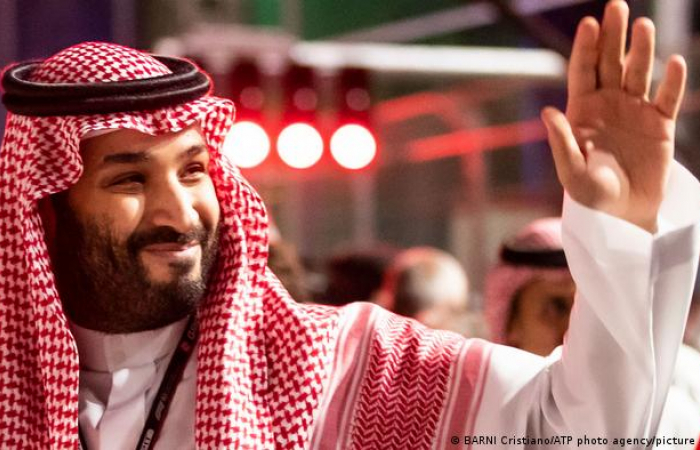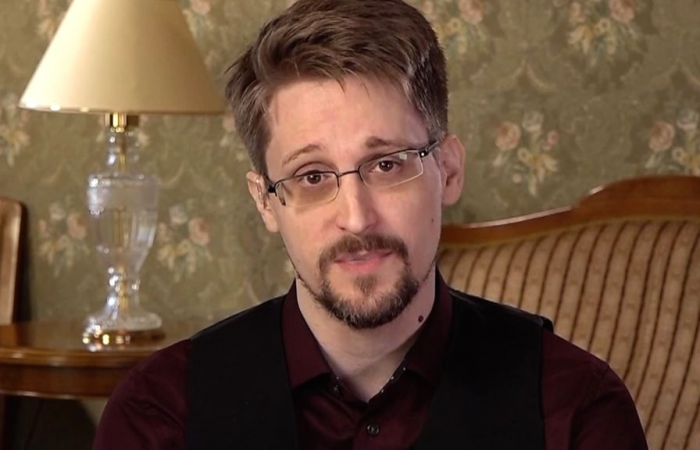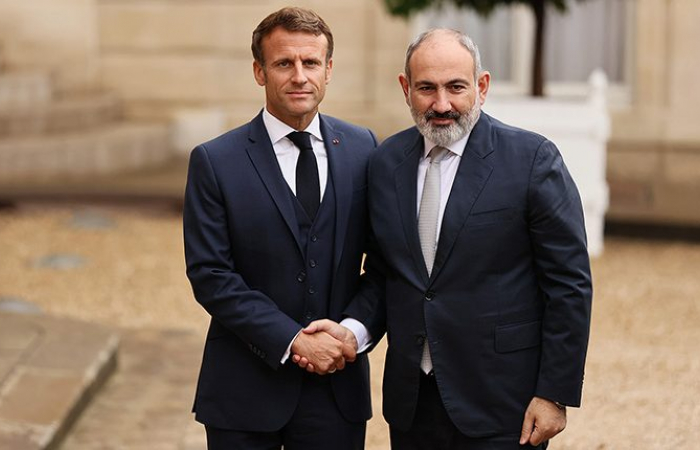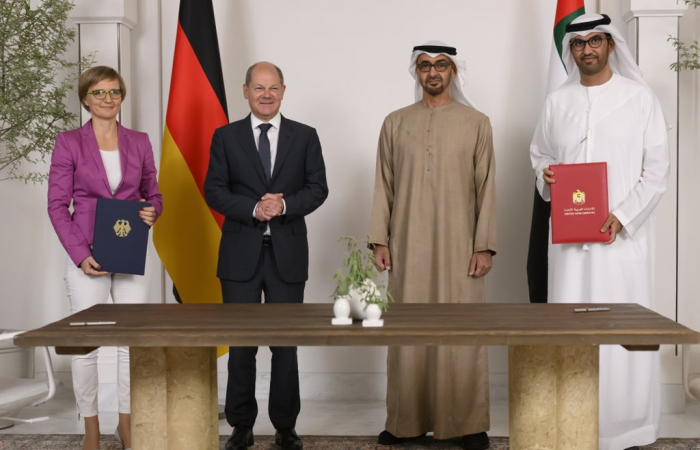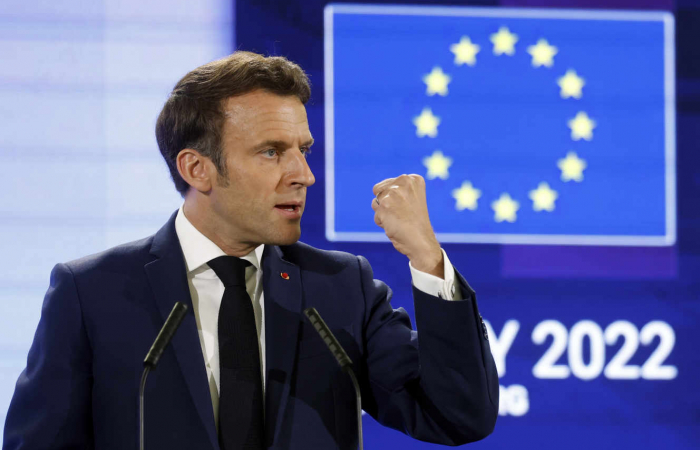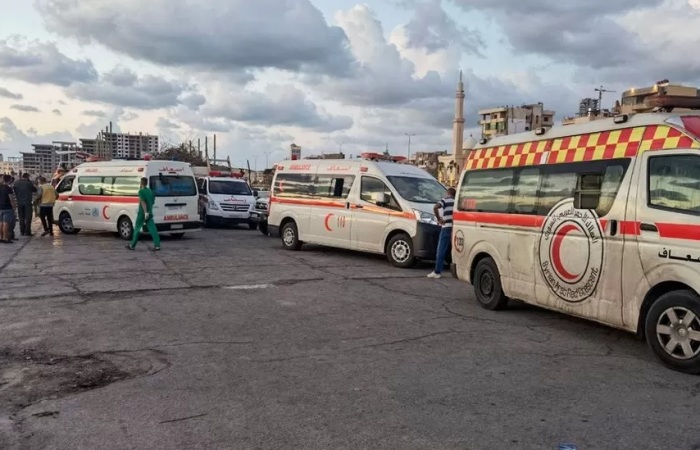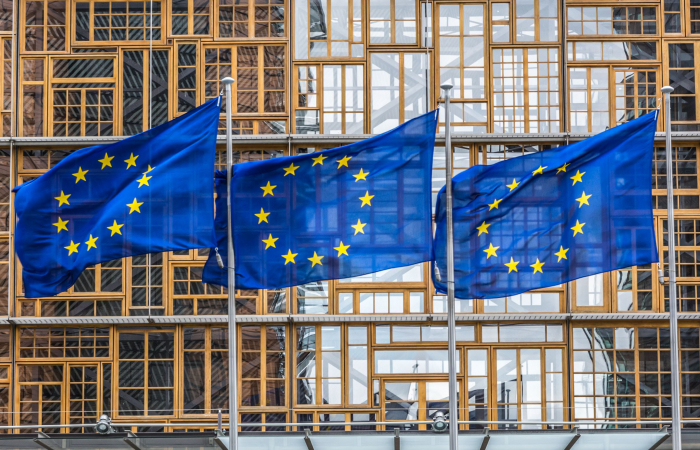Trending
Saudi King appoints Mohamed bin Salman as new prime minister
28 September 2022
King Salman ibn Abdulaziz of Saudi Arabia has appointed Crown Prince Mohamed bin Salman as prime minister. This is the first time that a Saudi King has not held himself the post of prime minister since the system of Cabinet of Ministers was first introduced. Seperating the two roles is likely to improve the process and speed of decision making in the Kingdom which in the past had seen backlogs of decisions and appointments waiting for the King's approval.
The appointment formalises the authority of Mohamed bin Salman over the Saudi government, and is seen as part of the process of renewal that the Kingdom embarked on a few years back.
Mohamed bin Salman, or MBS as he is sometimes called, has been a controversial figure since he was appointed as Crown Prince in 2016. The war in Yemen, the murder of Adnan Kashoggi and a heavy handed approach towards critics have made him a target of much criticism by western media. But inside Saudi Arabia itself, MBS is mostly seen as a reformer who has taken on, successfully, the conservative religious elite, that had dominated life in the Kingdom since the Saudi State was established in the early 20th century. His appointment as prime minister will help consolidate his power, and is likely to embolder him on to the next set of changes. Internationally, the appointment comes days after a Saudi diplomatic success, which saw Mohamed bin Salman negotiating the release of ten foreigners held as prisoners by Russia for their participation in the Ukraine war.



